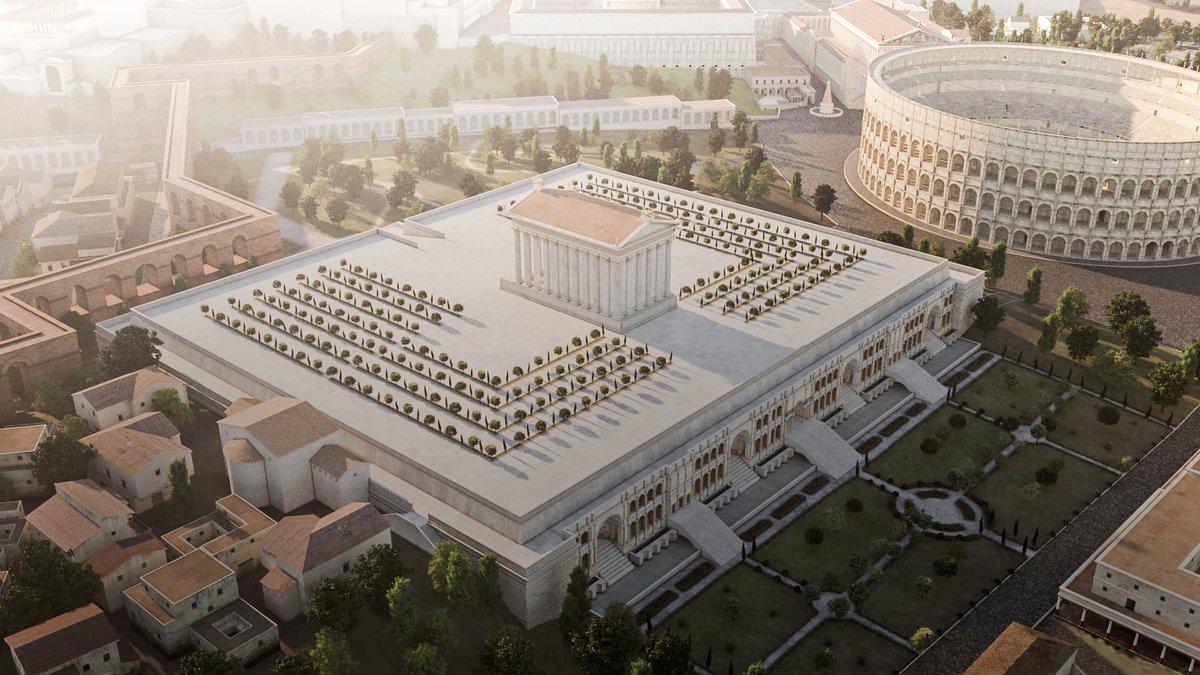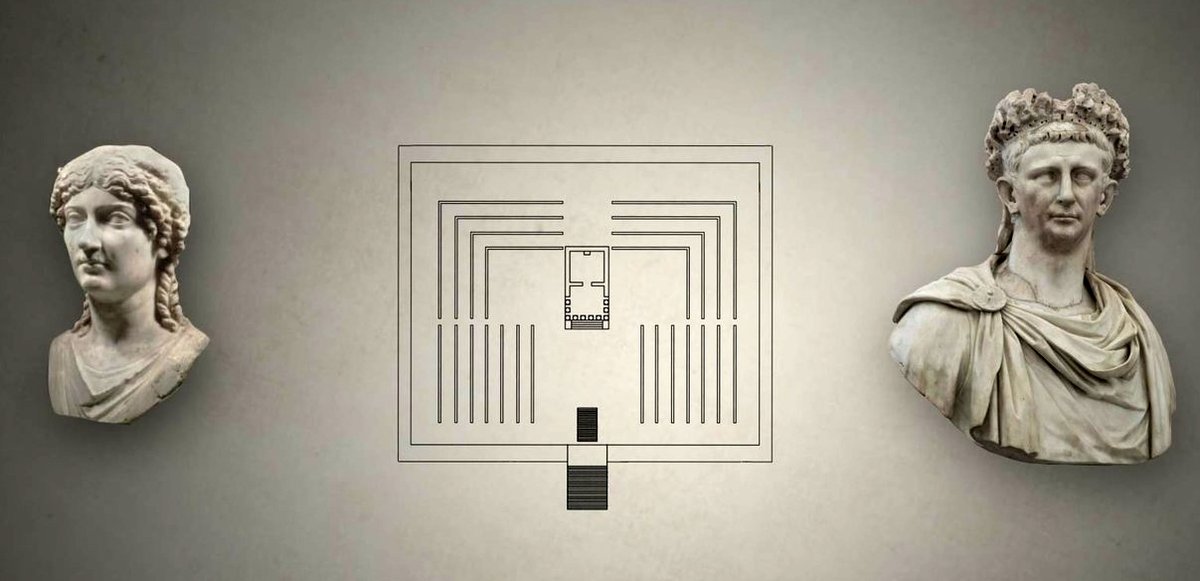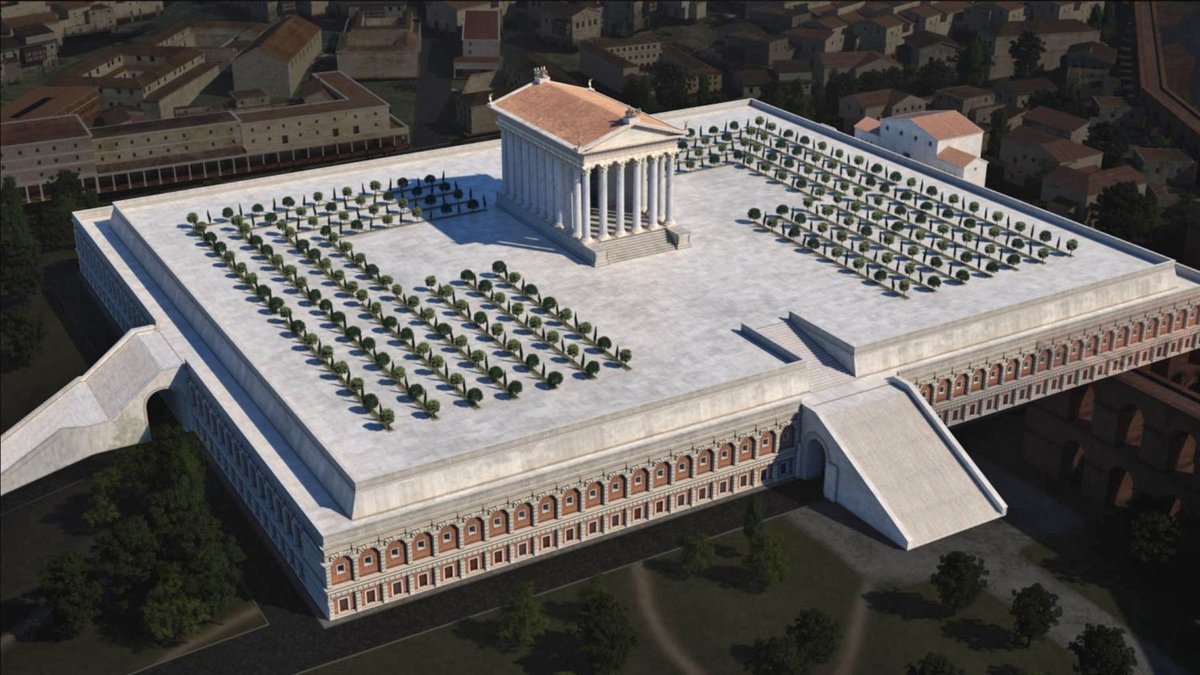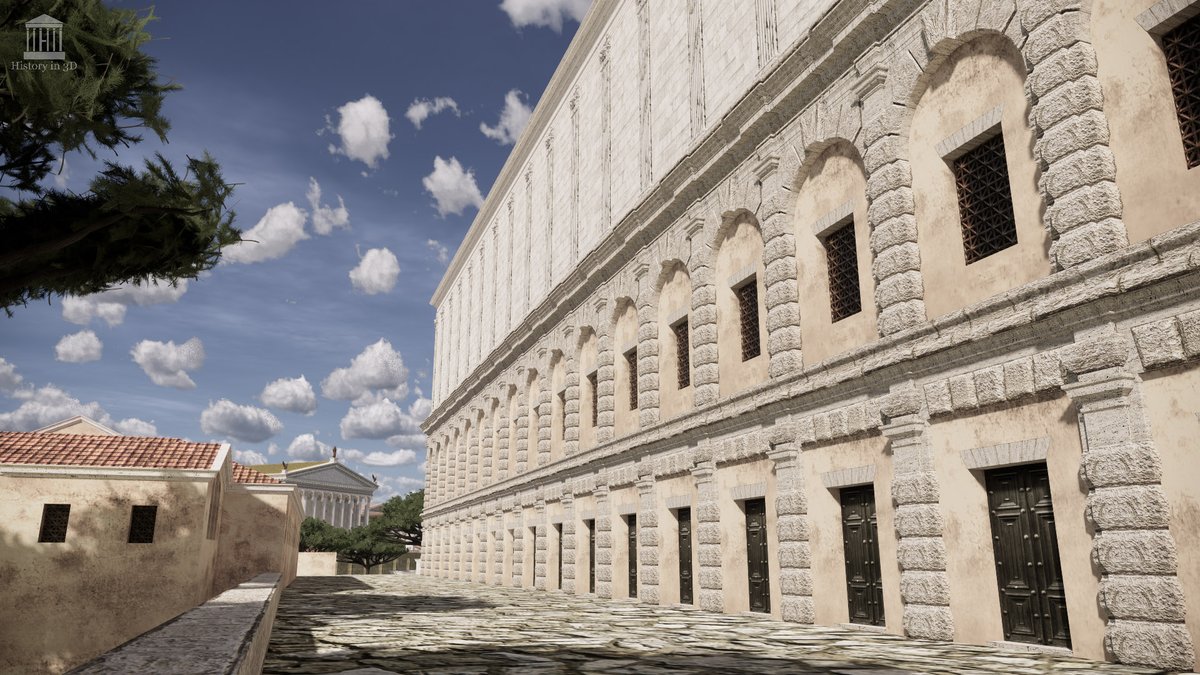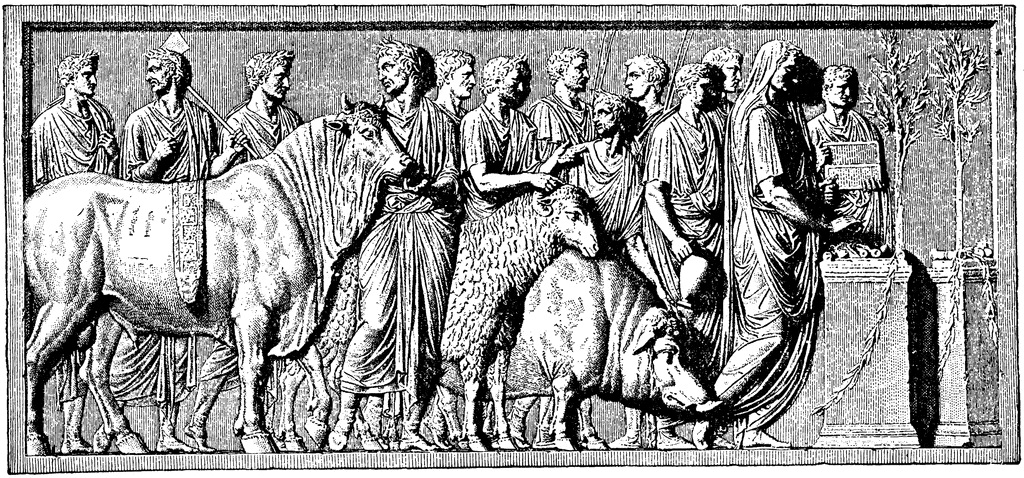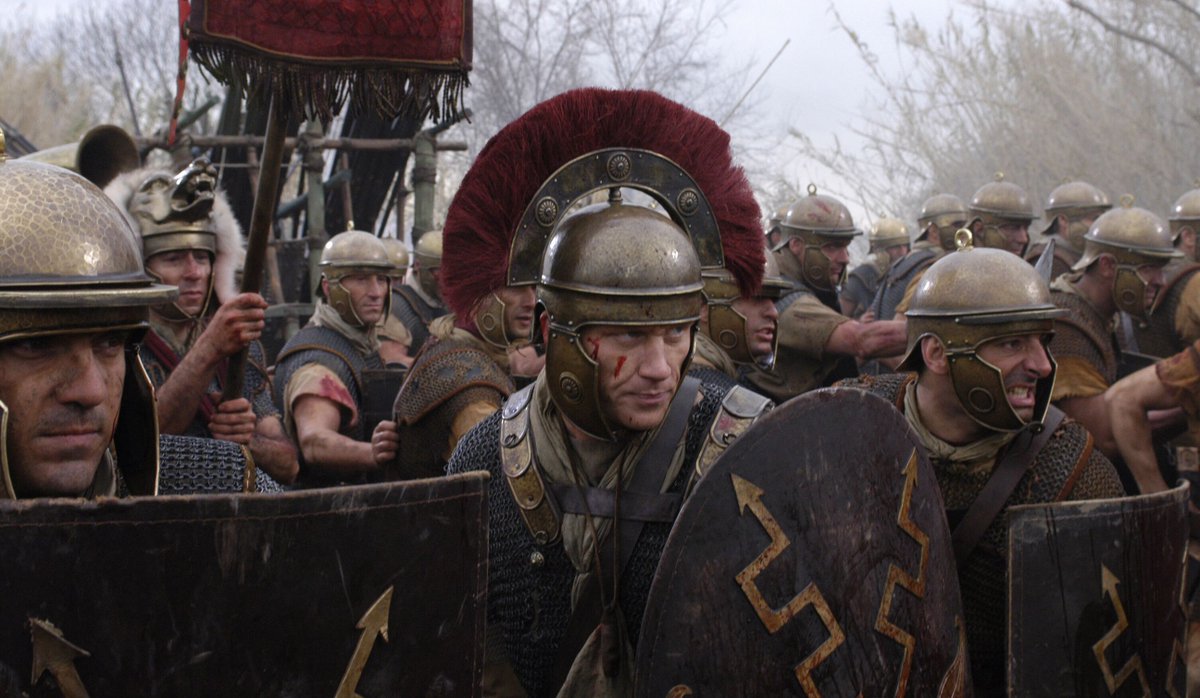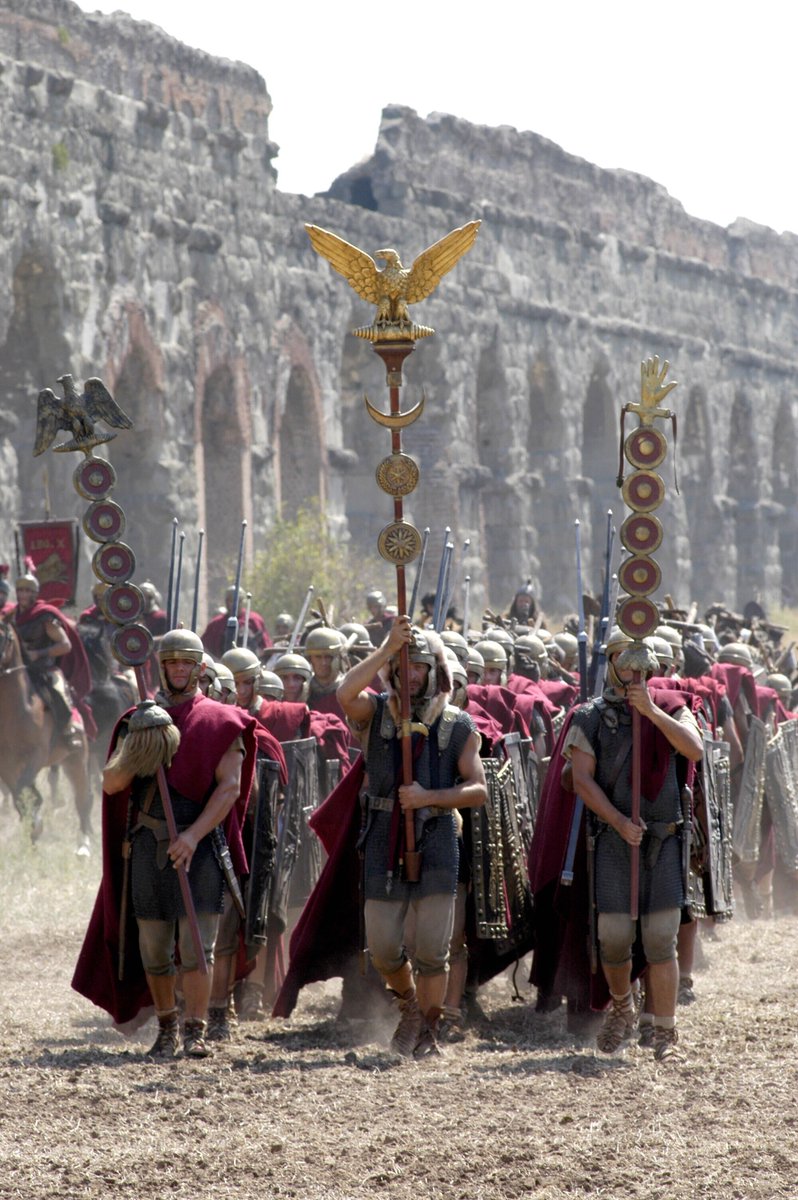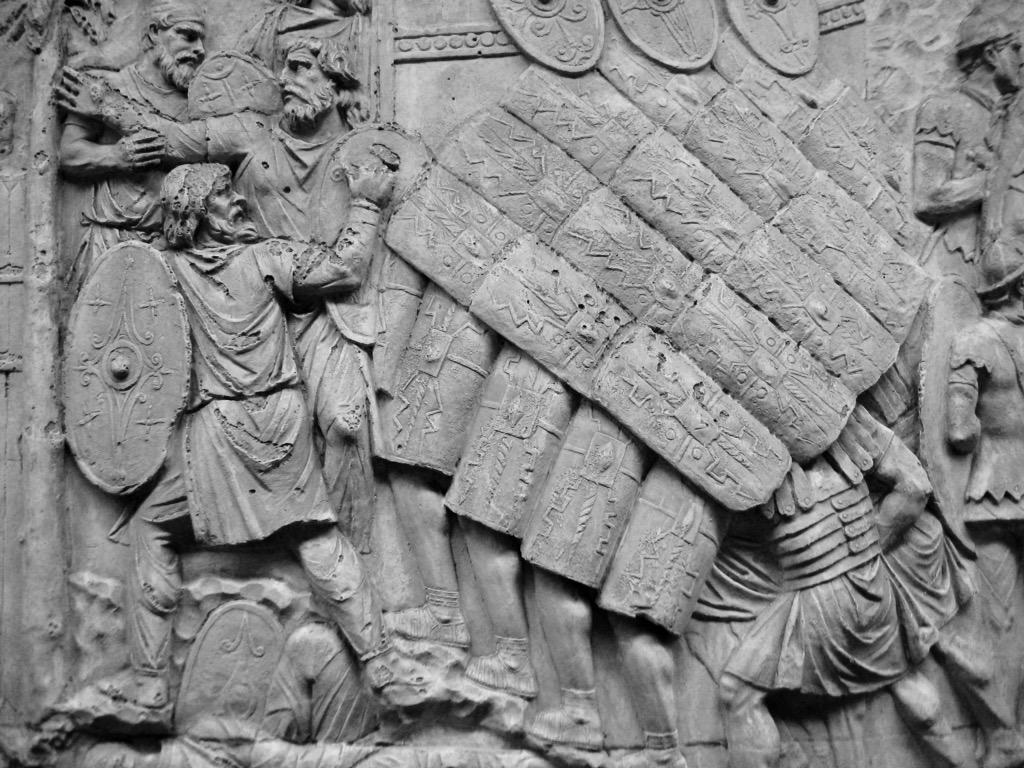
1) A magical, mystery thread connecting The Beatles and Roman archaeology! On this day in 1969 the Fab Four played what would be their last ever concert - performing unannounced on the rooftop of their Savile Row headquarters. But this was by no means the only venue considered.. 
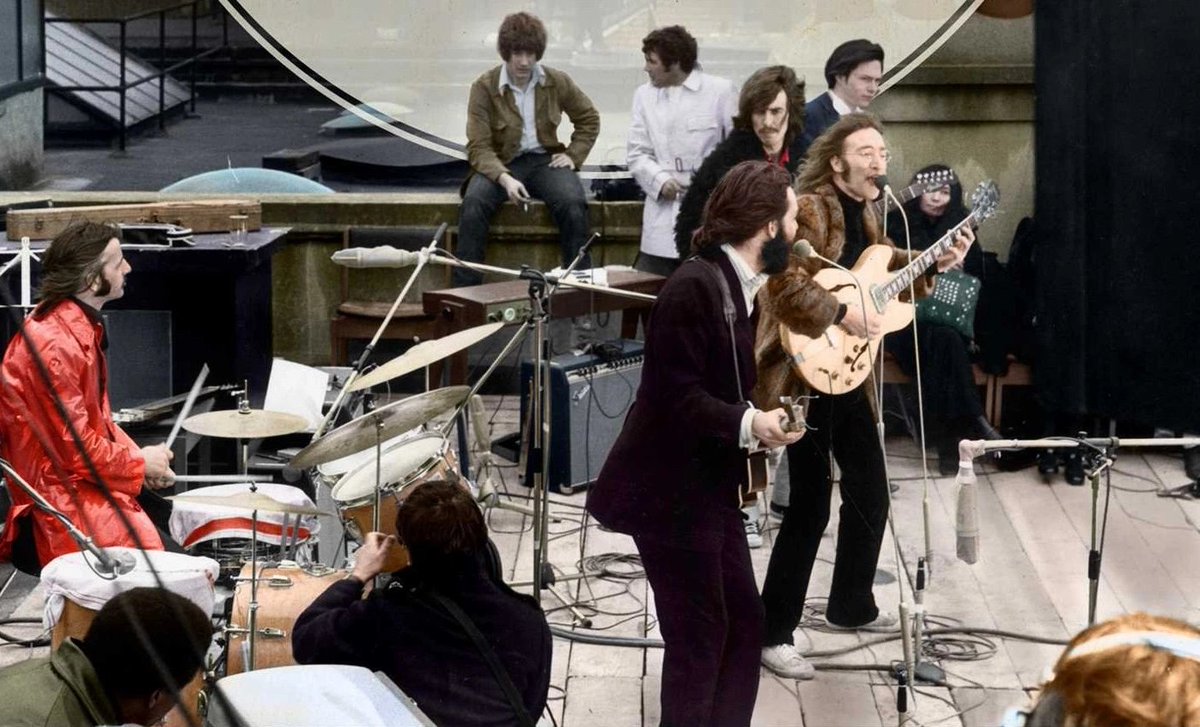
2) A number of weird and wonderful concert ideas were considered as the culmination of their 'Let It Be' project, including playing in an art gallery to an audience of dogs, playing to an empty arena or returning to play the Cavern Club in Liverpool... 

3) During the band's rehearsals for the mystery concert, another idea was raised on multiple occasions: they would charter a boat to sail to the coast of Libya, rehearsing during the sea voyage, and when they arrived perform a concert in an ancient Roman theatre!.. 

4) Director Michael Lindsay-Hogg envisaged the band performing in the remarkable Roman theatre of ancient Sabratha, in a nighttime concert lit by flaming torches. The majestic ruins of Sabratha, 70 km west of modern Tripoli, were inscribed as a UNESCO World Heritage Site in 1982. 



5) By the 10th January plans for the Roman Libya concert had been scrapped with George Harrison calling the idea "insane" and Ringo Starr, who had never enjoyed travelling or foreign foods, saying he would only perform a concert in England. 



6) In the end the Beatles didn't need to travel quite so far, venturing up to their own rooftop at 3 Savile Row on 30th January - they played a 42-minute set before the concert was shut down by the Metropolitan Police. Just imagine how different their last show might have been! 



7) The Roman stage upon which The Beatles considered, at least for a short time, playing their final concert in 1969 - Sabratha's ancient theatre, built in the late 2nd century AD. [END] 

• • •
Missing some Tweet in this thread? You can try to
force a refresh




